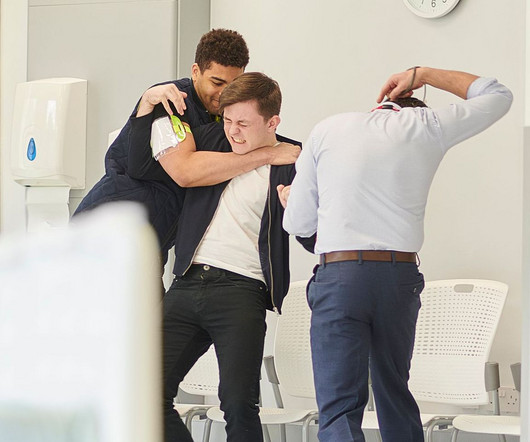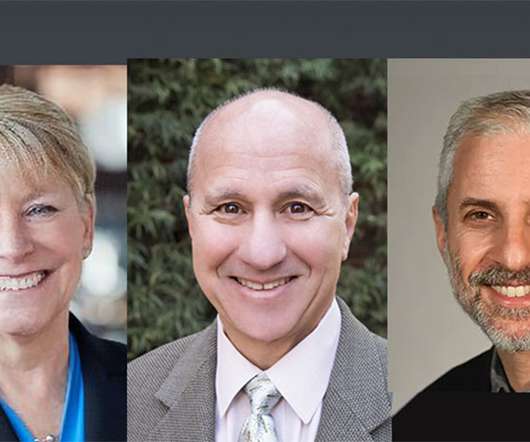Empowerment Self-Defense Arms ED Staff Against Rising Workplace Violence
Physician's Weekly
JUNE 26, 2025
For physicians, nurses, medical assistants, and support staff, workplace violence (WPV) is now a daily hazard, inflicting physical injury, emotional trauma, and eroding the quality of patient care. Violence in hospital emergency departments (EDs) has reached crisis levels. The Warner Bros.












Let's personalize your content